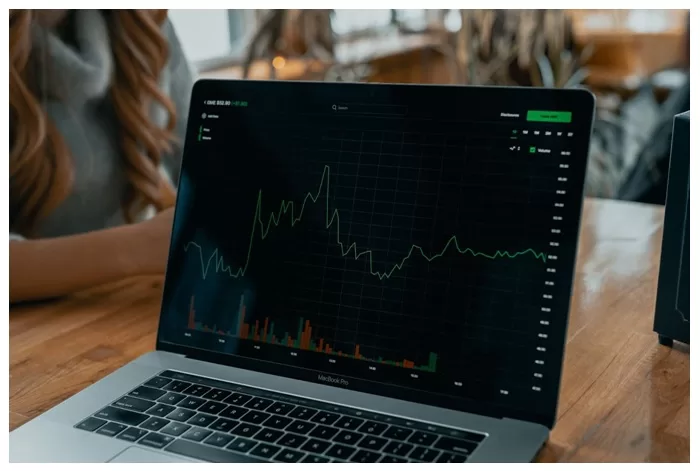Finance
The Impact of Rising Interest Rates on Investments

Investors must be aware of the many factors that can affect their investments. One crucial element to watch is the interest rate environment. When interest rates rise, they can significantly impact the value of investments. And while interest rate changes may seem small, they can have far-reaching consequences for portfolios. Therefore, understanding the relationship between interest rates and investments is crucial for investors looking to make informed decisions.
Impact of Rising Interest Rates on Investments
Rising interest rates have several effects on investment, including:
- Shift in Currency Exchange
As interest rates rise, the attractiveness of a country’s currency increases as investors seek higher yields. This may cause the currency’s value to appreciate, potentially impacting investments denominated in foreign currencies. For example, the US dollar is the world’s reserve currency and is often used as a benchmark for international transactions. As a result, when interest rates rise in the United States, the US dollar can become more attractive to investors seeking higher returns. This may cause the dollar’s value to appreciate and impact the returns of investments denominated in other currencies. One measure of the US dollar’s strength is the DXY, which tracks the dollar’s performance against a basket of other major currencies. The DXY (US dollar index) rises when the US dollar rises compared to other currencies, allowing investors to gauge the impact of rising interest rates on their investments.
- Decrease in Bond Value
When interest rates rise, the yields on newly issued bonds also rise, making older bonds with lower yields less attractive to investors. This leads to a decrease in the value of existing bonds, which can be detrimental to investors holding fixed-income securities. The inverse relationship between bond prices and interest rates is because bonds pay a fixed interest rate called the coupon rate. When interest rates rise, newly issued bonds offer a higher coupon rate, which makes older bonds with lower coupon rates less attractive to investors. To compensate for this lower yield, the bond price must decrease so that the overall yield matches the new market rate.
- Fall in Stock Prices
Rising interest rates can also lead to a decrease in stock prices. Higher interest rates make borrowing more expensive, which can reduce corporate profits and, in turn, reduce stock prices. The fall in stock prices may also occur when companies have to pay more to borrow money to fund their operations, cutting into their earnings and affecting their budgets. Moreover, higher interest rates can also make newly issued bonds more attractive to investors seeking stable returns, leading them to sell stocks and invest in bonds instead. Ultimately, it may lead to a decline in stock prices, especially for companies that are highly indebted or operate in industries that are sensitive to changes in interest rates.

Source: Unsplash
Rising interest rates can impact various investments, including foreign currency investments, bonds, and stocks. Investors must monitor interest rate changes and adjust their portfolios accordingly to mitigate risks and take advantage of potential opportunities.

















































